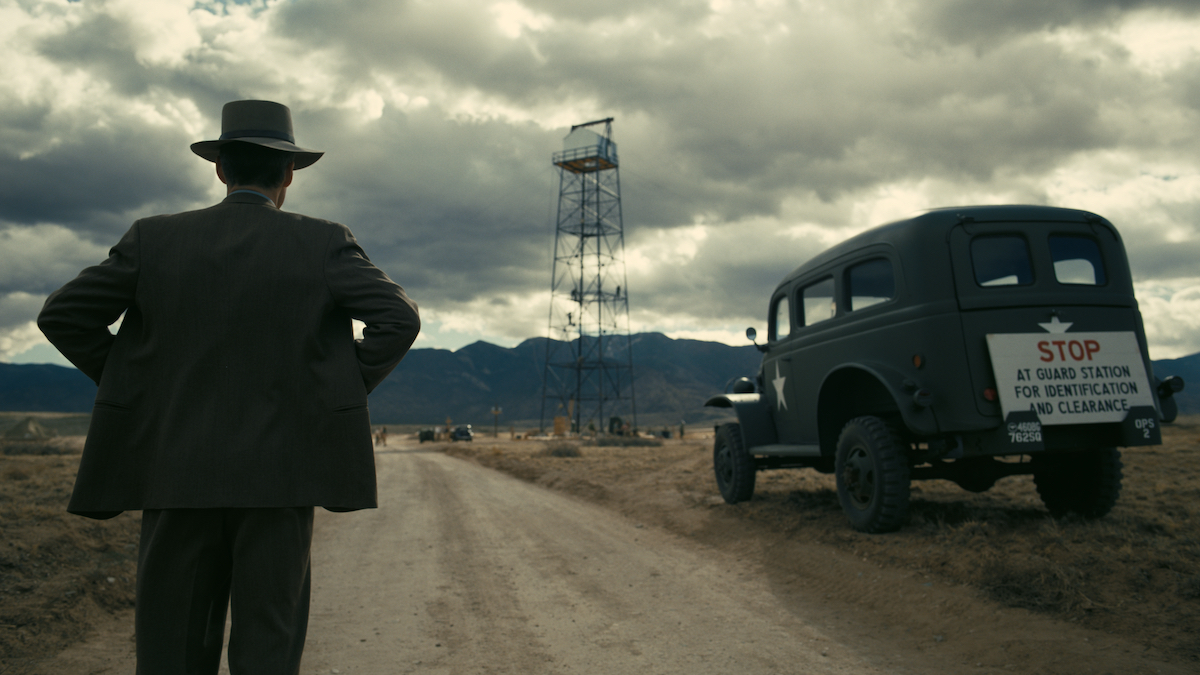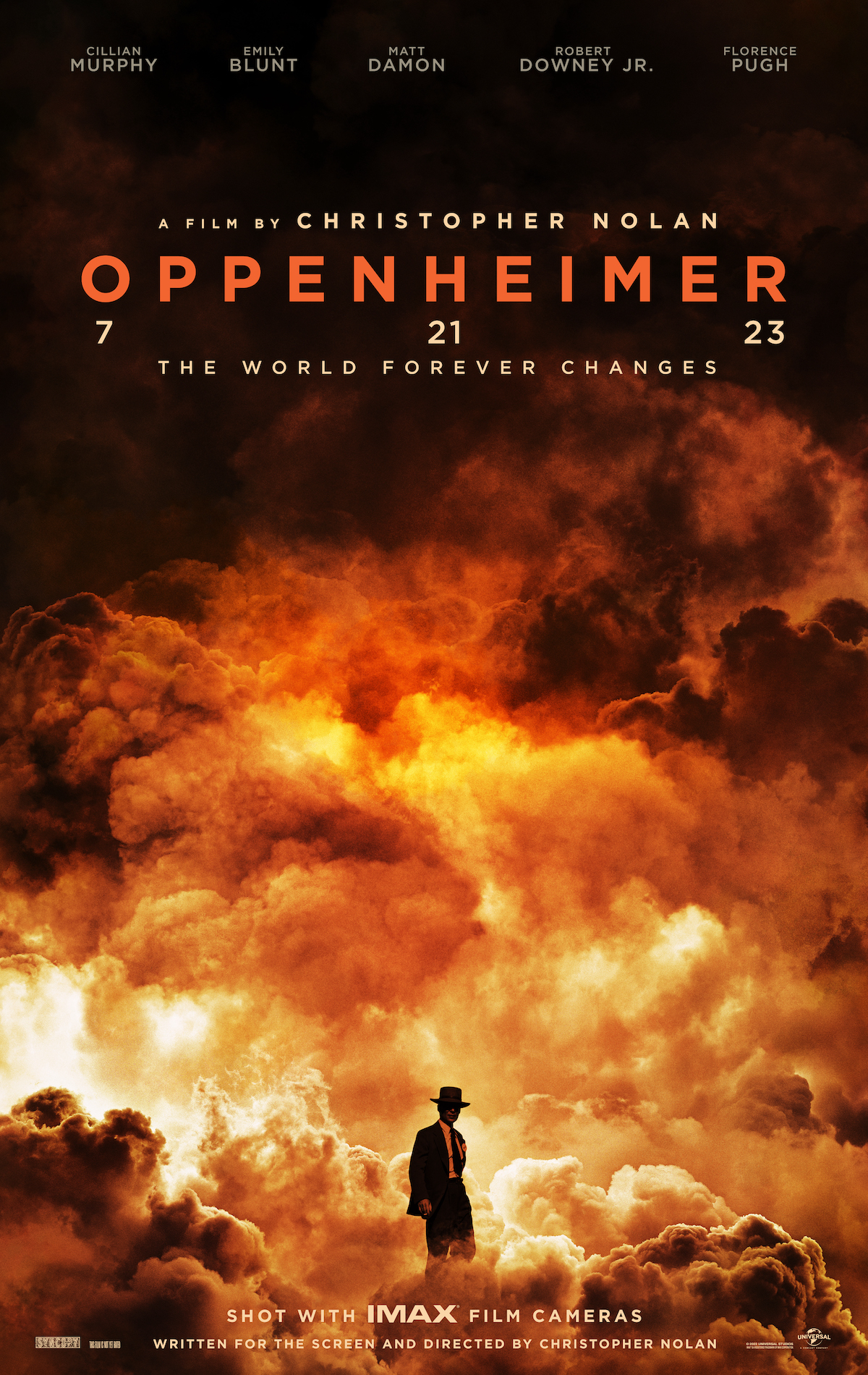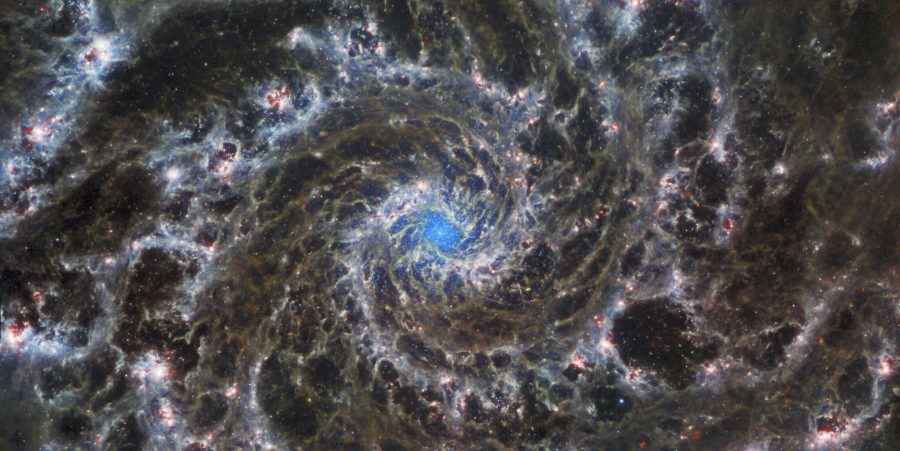Chris Nolan is back to helm one of the most anticipated films of the summer, Oppenheimer. As a lover of film Nolan has taken special pride in the filming of Oppenheimer in 70mm physical film versus purely digital. We had an opportunity to watch it in 70mm which was a unique experience for this film. So the question is, how does the film hold up as a biopic on the life and struggles of the “father of the atomic bomb”?
A feature biography from director Christopher Nolan, explores how one man’s brilliance, hubris, and relentless drive changed the nature of war forever, led to the deaths of hundreds of thousands of people, and unleashed mass hysteria. The story of J. Robert Oppenheimer’s role in the development of the atomic bomb during World War II.
Review
The subject matter surrounding Robert Oppenheimer and the creation of the atomic bomb is a heavy and somber one. Its importance in history and our understanding of its historical ramifications are equally as important. For the generations that have grown up always having the threat of nuclear war dangled above them at every international political skirmish, understanding what it was like not having it, and seeing the moral and ethical struggle these scientists face is important to witness.
The Trinity test site and Los Alamos Labs are still, to this day, a reminder of the destructive power that the collective scientific minds of the time wielded. Nolan wanted the film to be more than just about the creation of the bomb and its subsequent use on Japan during World War II. He wanted viewers to get a glimpse of the geo-political, social, and moral landscape of the time before, during, and after the creation of a new type of military power. While it is a biopic, and in many ways, the story was already written, the writers here managed to weave together a complicated story that shows the complex relationship between academia, government, and the ethical landscape of political influence on both.
Visually the film relied solely on practical effects and no CGI, including the shot in which the Trinity test was done. Combined with a physical film 70mm shot film, there was a uniquely real feel to the entire film that left you fully grounded in the reality that was the film. At just over 3 hours long, the film is one of the longest I have seen coming in short of Avatar The Way Of Water. There are some points in which the film feels like it drags, especially as we get to the post-Trinity test portion of the 3rd act. However, the film ends with a rather somber reminder that scientists were concerned that even the use of such a weapon had a “near zero but not zero” chance of igniting the atmosphere and destroying the world. While that didn’t happen, taking the statement in a less literal sense, the proliferation of nuclear weapons worldwide would potentially lead to a nuclear war that could burn everything, and that very famous quote comes up. In fact, it came up at least twice in the film. “Now I am become death, the destroyer of worlds”
Oppenheimer is going to be in the award season running on multiple fronts I have no doubt. Nolan has managed to put together a forceful view of the Manhattan Project and Oppenheimer, even if the film could have been done with about 30-45 minutes less of exposition.
We must never forget how these advancements in science were used, and while they did help to usher in the end of the second world war, the price paid was human life in Nagasaki and Hiroshima Japan. And as push forward into a new era of uncertain times, could the use of these weapons ignite the end of it all?











